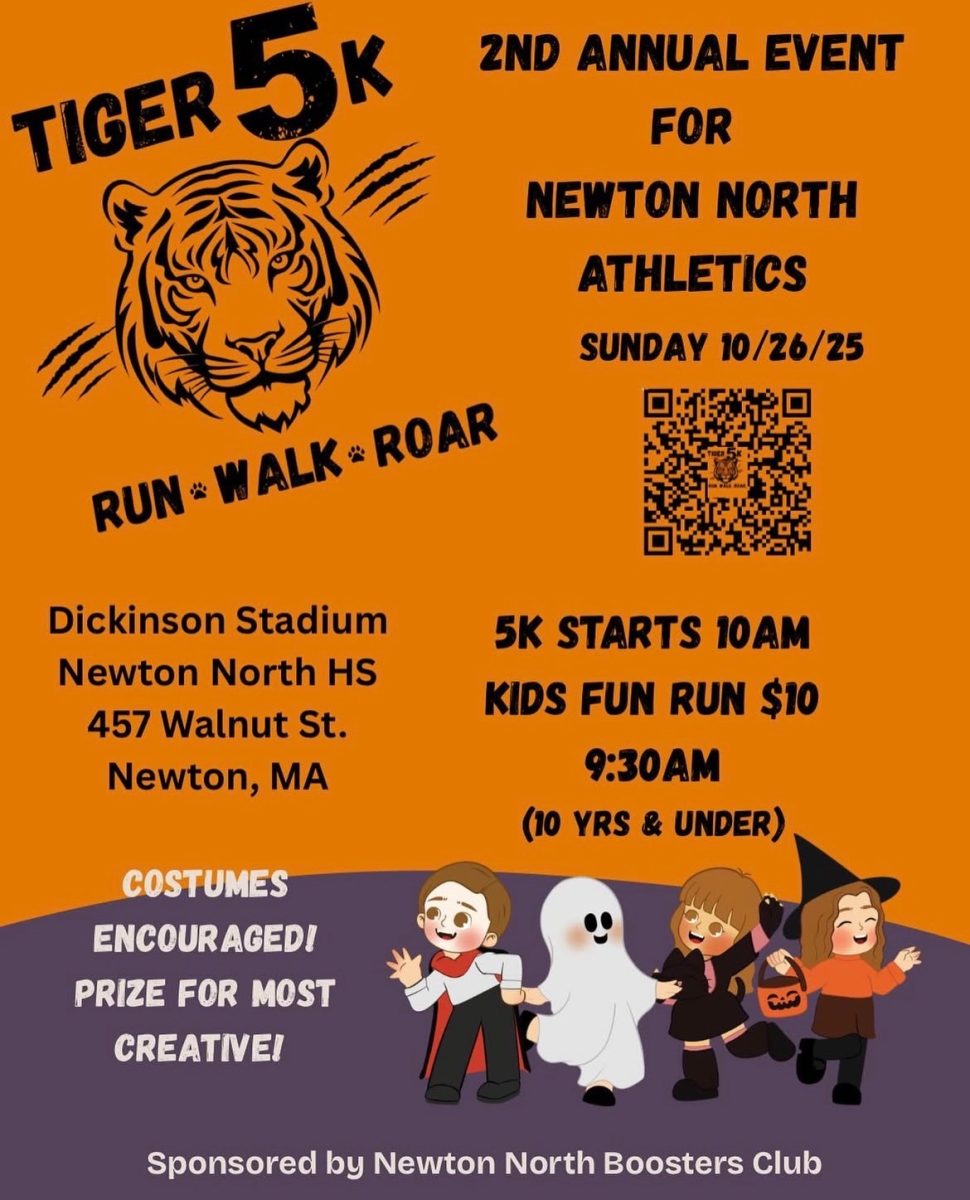by Connor Vasu
In addition to participating in plenty of extracurricular activities such as sports, Theatre Ink and clubs, some students work after school. Working is a rewarding experience, and it teaches students a real-life lesson in economics.
Unlike school, if a worker shows up late repeatedly to his shift, he can potentially be fired. When students are forced to show up on time for work, they may straighten up their attitudes toward meeting deadlines, showing up to class on time and completing schoolwork.
Gaining working experience can only help a student’s employment chances after high school. For example, a manager of a restaurant is more inclined to hire an employee who has prior restaurant experience.
Furthermore, working produces paychecks that can help in saving for college. Pay also serves as a monthly source of income. Like younger kids’ allowances, a regular source of income serves as monetary lesson to those who work. Workers have to allot their money appropriately, pay taxes and save.
As an employee, students learn how business works better than they could have in a class. Hands-on experience is better than lectures and notes.
Finally, working teaches students how to juggle school and work. Learning how to balance a tight schedule in high school can help later on in life when one has to support a family.
Employment in high school helps students gain experience by learning how to juggle activities, gaining money and improving working skills, so consider finding a job.












































